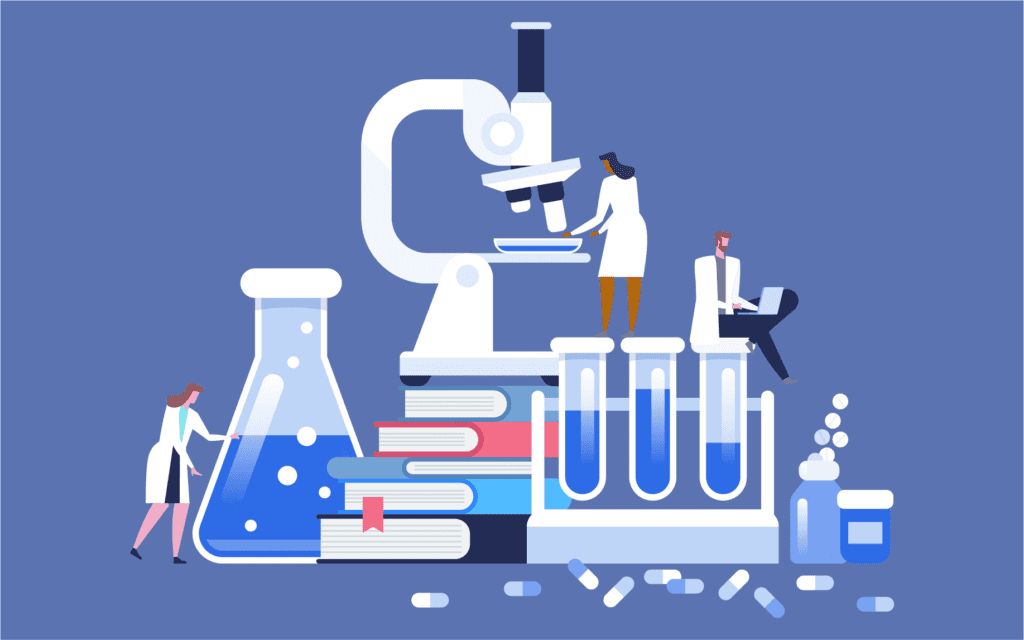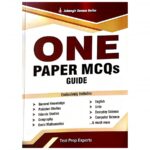What is pharmaceutical chemistry?
Pharmaceutical (medicinal) chemistry is concerned with the design (drug design) and synthesis of biologically active molecules. The aim is to gain new chemical molecules that could enable the discovery of new pharmaceuticals or optimize already known drug structures, thereby to expand the portfolio of chemical drugs. Although organic chemistry plays a crucial role, only knowledgeable pharmaceutical chemists are able to work effectively in a highly interdisciplinary environment and interact with scientists in other disciplines, such as molecular biology, structural biology, pharmacology, physical chemistry, biochemistry, pharmacokinetics, pharmaceutical technology, toxicology or with experts from the field of translational medicine, etc.
The term pharmaceutical (medicinal) chemistry appeared first in the literature shortly after WW II. During the development of molecular pharmacology, it was possible to express the biological activity of any chemical compound by means of quantifiable molecular properties (e.g. IC50, EC50, pA2). Since then the scientists have begun using the term “drug design” and started to develop new drugs systematically. After the computer technology and programming had been introduced, the possibility to study the relationship between the chemical structure and biological activity of a molecule (structure-activity relationships, SAR) in a quantitative sense (quantitative SAR, QSAR) was significantly increased. Nowadays, these rational methods in designing new drugs are preferred, although the observation of chance or adverse effects still plays significant role in the development of new drugs.
In the years to follow, the development of new drugs has been remarkably accelerated by radioactive drug and metabolite labelling, which in turn enables scientists to identify new therapeutic targets.
The introduction of molecular biology revolutionized the pharmacokinetics features (understanding of the fate of the drug and its metabolites in the body) and pharmacodynamics (understanding of the molecular mechanisms of drugs). The advances in analytical evaluation of new molecules, development of computer technologies and their applications in molecular modelling approaches have all significantly expanded the scope and use of pharmaceutical chemistry, and ultimately have brought the possibility to provide a broader range of new drugs with a new therapeutic potential.
At the beginning of the 21st century, pharmaceutical (medicinal) chemistry has developed new molecules with ever-increasing structural diversity. Apart from the small synthetic ligands and natural products, pharmaceutical chemists focus on the development of modified peptides and proteins, biological agents (e.g. monoclonal antibodies), multifunctional molecular complexes and synthetic vaccines.
This rapid development comes hand in hand with the advances in chemical biology, molecular modelling, and analytical methods generally in all medical fields. As a result, pharmaceutical chemistry has become a decisive and increasingly important part of modern medical, pharmaceutical and agrochemical research.







